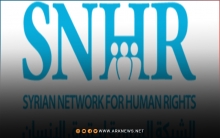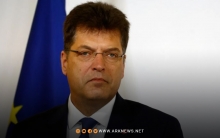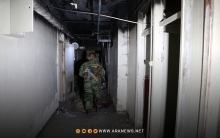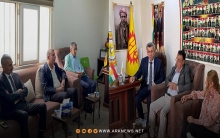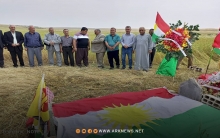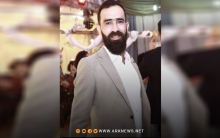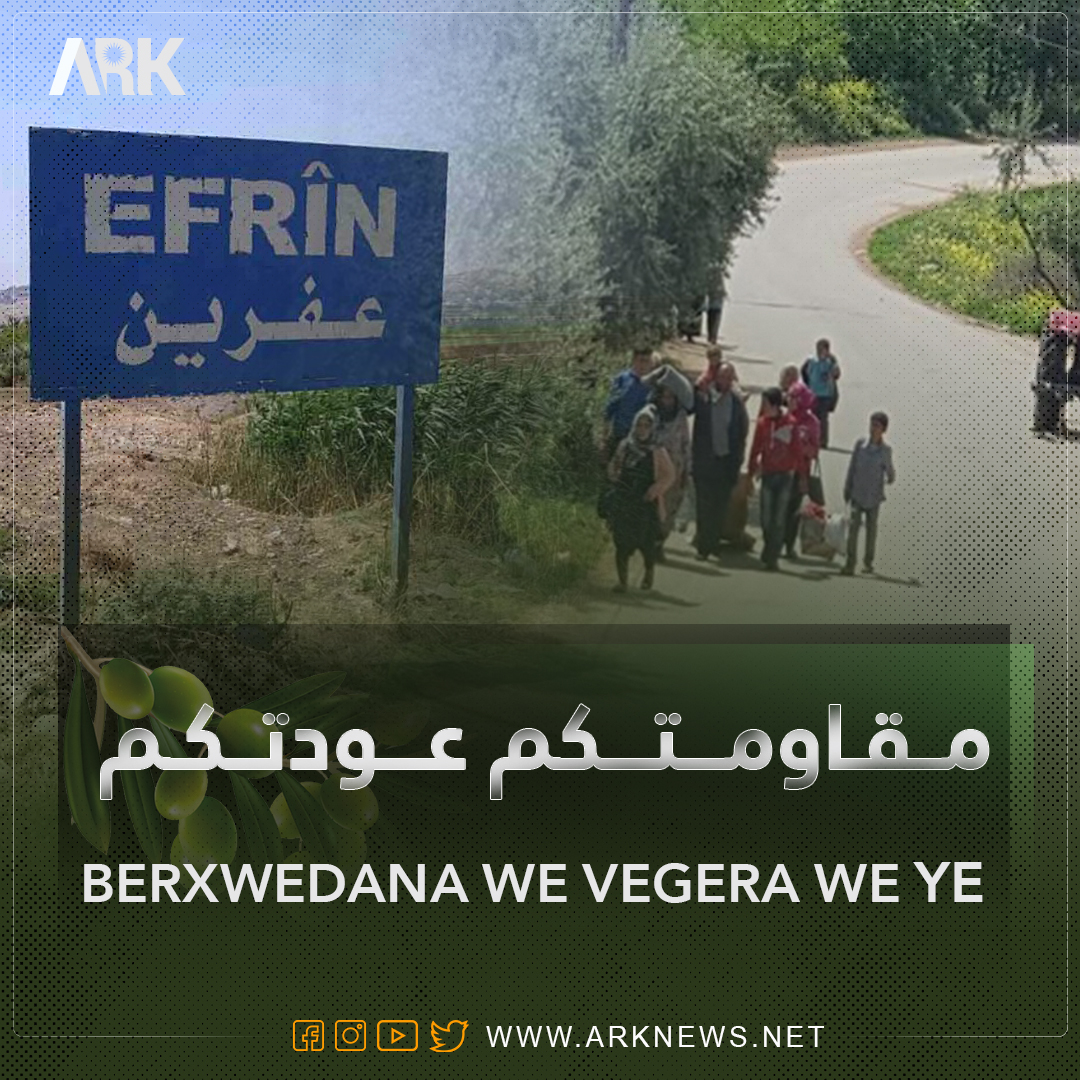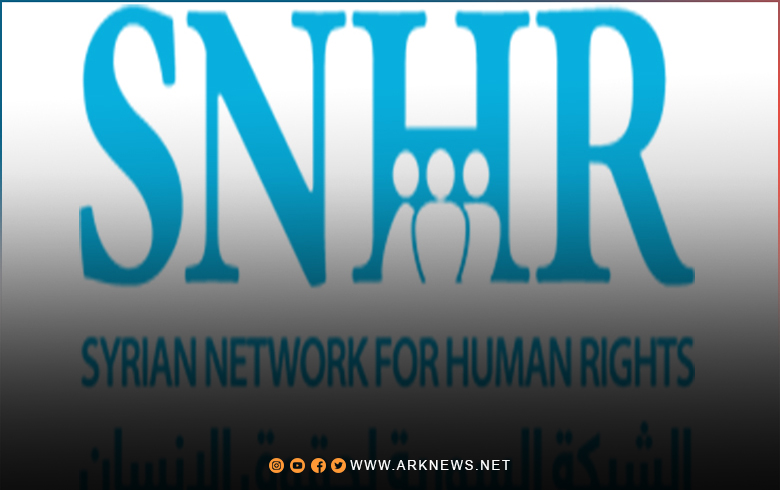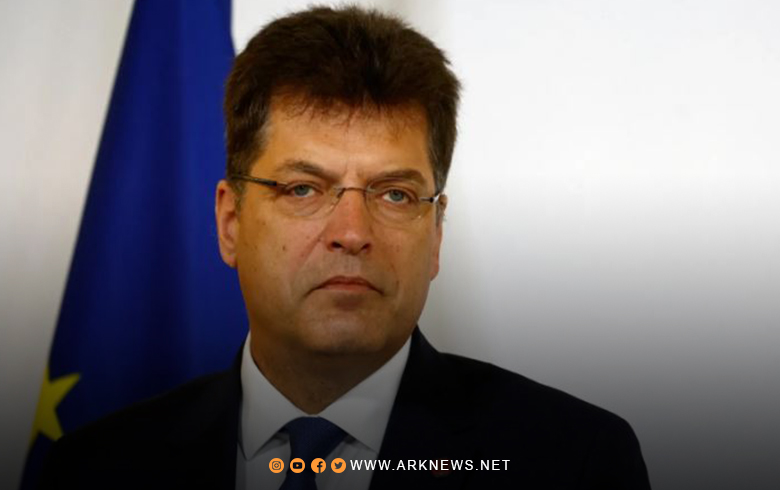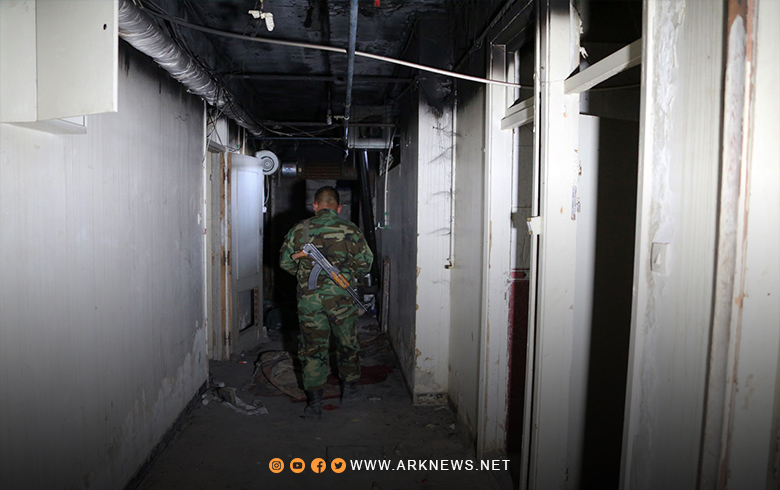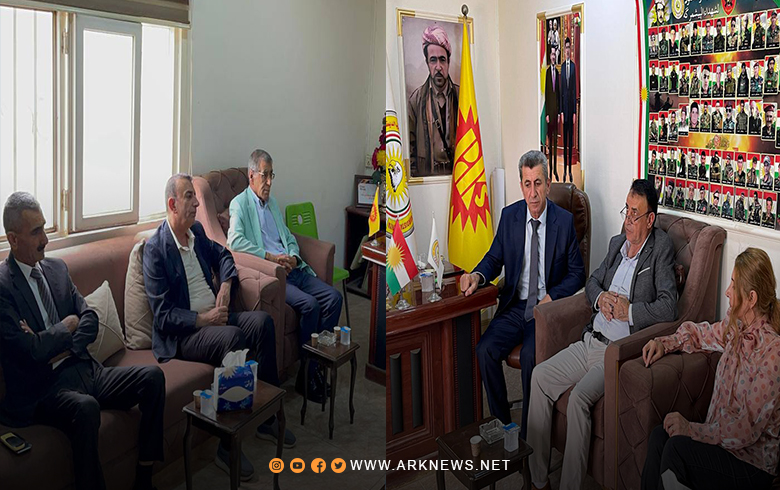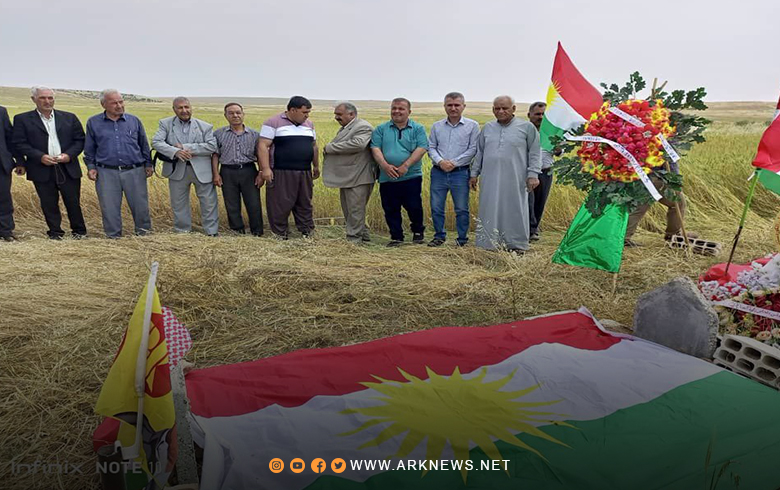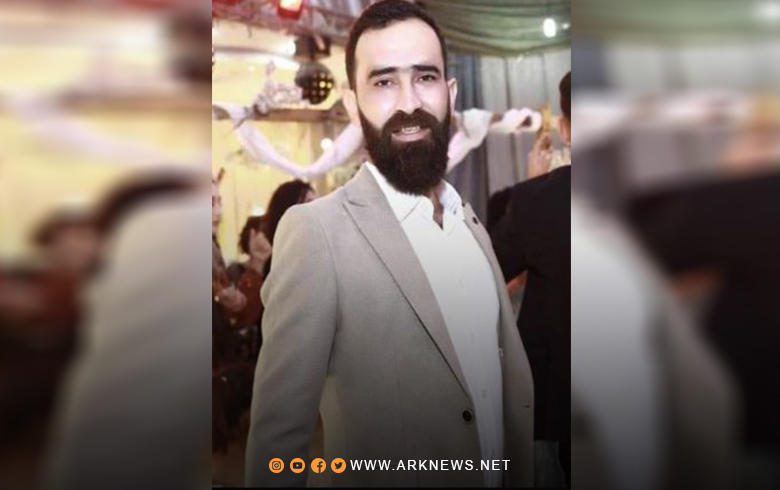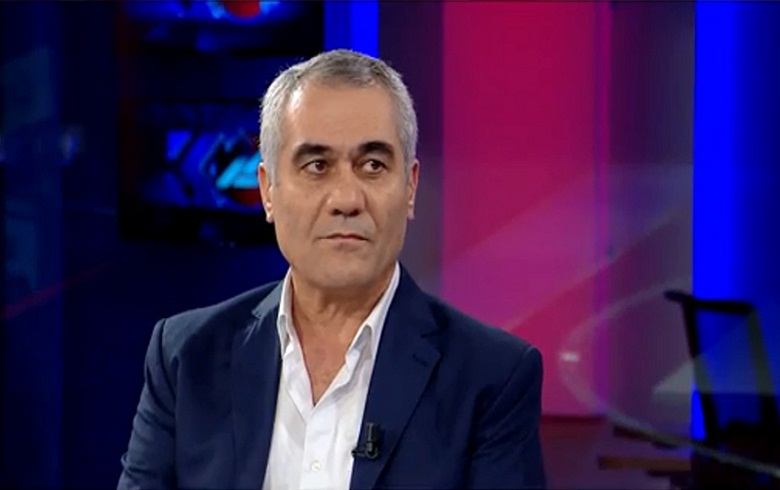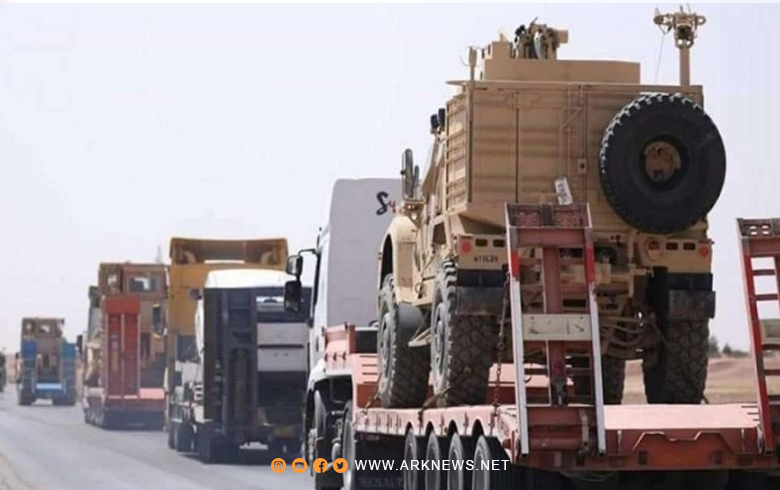
Learn about Kurdish woman, which was included by the United Nations on the list of "creative women" in the Middle East
The United Nations has announced a list of the most creative women in the Middle East, despite the outbreak of the Coronavirus that has turned the world upside down.
In a report published on its website in 2020, the United Nations concluded by presenting its most prominent women who, despite the severity of the pandemic and its great impact on them, innovated and excelled.
The list included seven women from Sudan, Kuwait, Egypt, Morocco, Palestine, and Syria, in addition to an Iraqi Kurdish-Kakai woman, according to the United Nations website.
The United Nations said that "thanks to their determination and persistence, he was able to overcome all obstacles and register their names in large letters in the books of development and progress."
The Kurdish is Jamila Mahdi, who was born in a refugee camp in Iran, after which she got married at the age of 13, to return to school again ten years later and obtain her higher and university education later, as she was deprived of her brothers and sisters, and she was sent from city to village where her husband lives.
"And village life was like the life of slaves. We go out at dawn and return in the evening. We spend all the day on the farm, I go home exhausted, and then I gave birth to my children and the situation got worse, and I am no longer able to spend time with my children because I work from morning until evening," she said.
"We used to suffer from extreme poverty. I would make eggs for them in the morning and they would eat them all day. I told my husband that we must change our lives. What we earn in the summer we spend in the winter but he refused to leave the farm. I was deprived of everything, including television, radio, and books, she continued."
"I lived in the village for 16 years," Mahdi added.
The United Nations conducted an audio interview with Jamila, during which she spoke about the reasons for her success in breaking these barriers, and later became a human rights officer in the office of the United Nations Assistance Mission for Iraq (UNAMI).
Subject: Kurdistan 24 (translated from Arabic)
722

